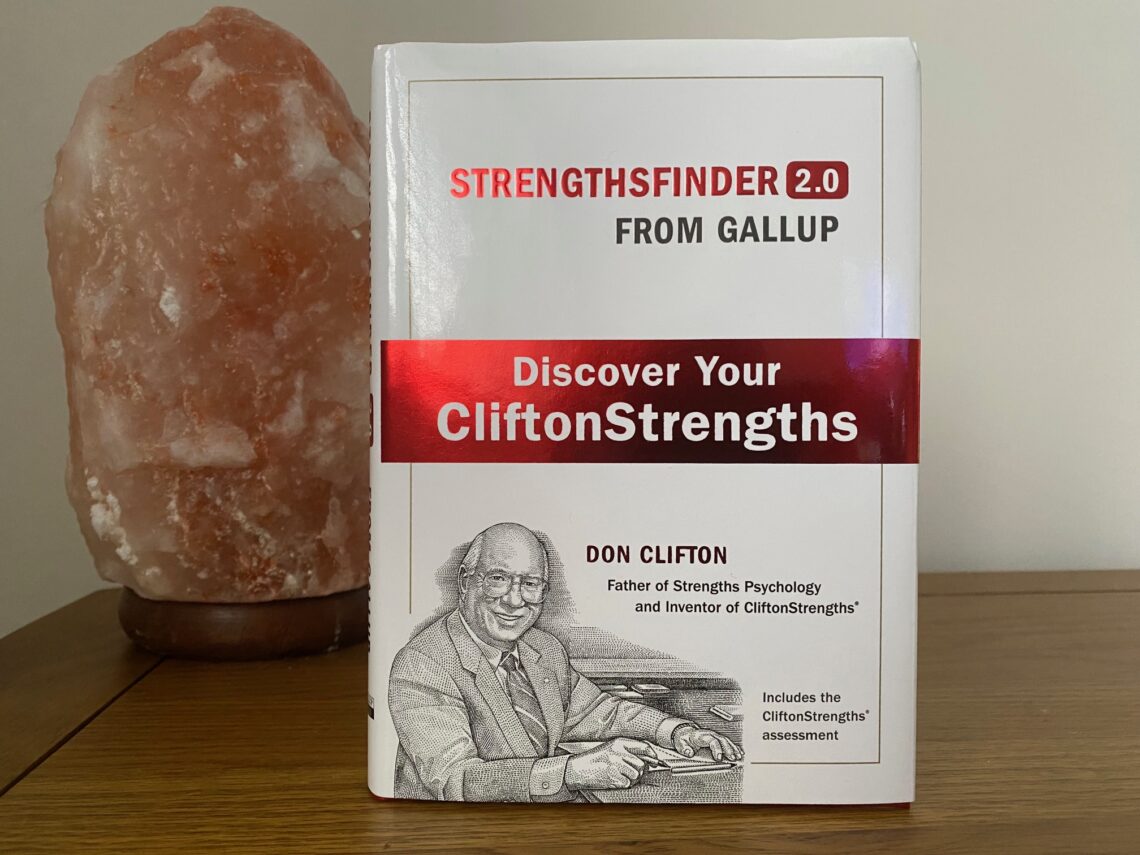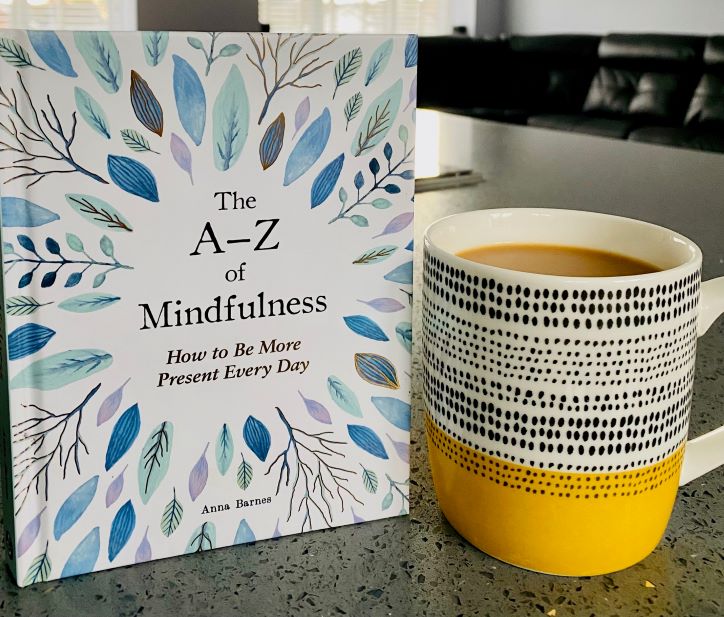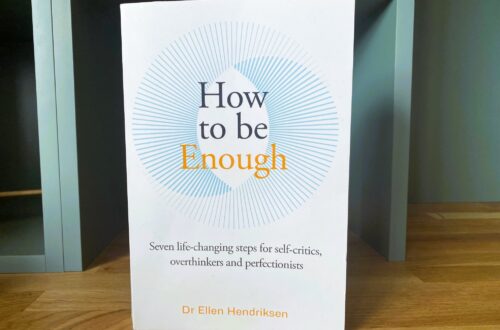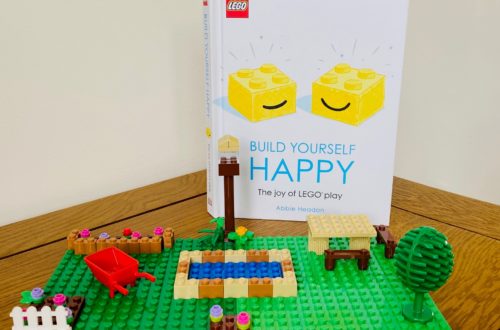
Uncovering your strengths
Review of StrengthsFinder 2.0: Discover Your CliftonStrengths by Gallup (2021, Gallup Press, 172 pages)
Think of a positive outcome that you have achieved recently.
How did you achieve it?
What skills or qualities did you use?
As we go about our busy lives, jumping from one task to the next, and wading through our never-ending ‘To Do’ lists, it can be all too easy to overlook the many qualities and skills that we possess and rely upon to help us to achieve our goals. It is good to bring our strengths to mind so that we can give ourselves some credit where it is due, recognise the strategies and approaches that work best for us, and spot opportunities to apply our strengths more often.
But, how do you know what your strengths are?
This is where strengths-based assessments come in handy! Using a set of carefully researched questions that determine your preferred ways of working and interacting with others, they pinpoint where your strengths lie and provide suggestions on how you can make the most of your strengths.
In line with the ethos of Positive Psychology, the idea of a strength-based assessment is to focus on what is ‘right’ with you and to help you to discover who you are when you are at your best, which then enhances your wellbeing and performance. If you are able to recognise the strengths that you have within you, and apply them to the many different activities that you are involved in, you will experience more fulfillment and achieve better outcomes.
I have used strengths-based assessments throughout my career and have found them to be insightful, relatable and validating. They have highlighted my unique personal qualities and how I best contribute to a team. I have used them when changing careers, to explore the roles that would suit me best and to broaden my horizons and consider other ways of expressing my strengths, which has encouraged me to take up new opportunities.
The results from your strengths-based assessment may also provide some useful points to discuss with your manager when you are considering future projects that you can get involved in or how you might enhance your current role. In addition, knowing your strengths can prepare you for the next step in your career and help you to answer questions effectively at application and interview stage.
You can use your strengths in all areas of life, not just at work. You could use them to enhance your personal relationships and to get household tasks done in the most efficient and enjoyable way for you.
Focusing on your strengths does not mean that you totally dismiss your areas for development. You can still work on the knowledge, skills and qualities that you need to develop and maximise your strengths. In fact, as we usually find it easier to pinpoint our flaws, turning our attention to our strengths can provide a more balanced view of ourselves. We can acknowledge that although we have aspects of ourselves we would like to improve, we also possess lots of strengths and can devote our time and energy to whatever we do best. This can improve the relationship we have with ourselves and boost our confidence and self-esteem.
For me, the results from strength-based assessments serve as a guide rather than gospel. They should never be used to limit, discount or put you in a box. I therefore treat my results as a piece of information to consider (alongside many other details that I hold about myself) when I am undertaking personal or career development activities.
*Disclosure: I received a review copy of StrengthsFinder 2.0 via the Mare Nostrum Group and I am reviewing the book voluntarily.
What is a strength?
A strength is something that you are good at and that drives and energises you. It could be a skill, a personal quality, or a cognitive ability that you possess. When you are applying your strengths, you often find it personally rewarding and feel like you are being your true self. You also tend to get positive results and feedback from others.
Conversely, if you are unaware of your strengths, and are not using them as much as you could, then you may find yourself in situations and roles that are boring, onerous and depleting.
About the CliftonStrengths assessment
There is a chapter dedicated to explaining the ethos and history behind the CliftonStrengths assessment. The test was developed by an American psychologist named Dr. Don Clifton who was interested in studying the traits of high performers and nurturing people’s talents and strengths rather than focusing on their weaknesses. During the 1990s, Dr. Don Clifton, with the help of his academic colleagues, brought together decades of research on identifying and developing strengths in individuals and created what is now known as the CliftonStrengths assessment.
StrengthsFinder 2.0 comes with a unique access code which allows you to undertake the online CliftonStrengths assessment. As it takes around 30 minutes to complete the assessment, you will need to make sure that you allocate a slot in your day to focus on answering the questions.
You will be given two statements per question and are then asked to select the statement that best describes you and rate how much it applies to you. It is recommended that you go with your first response to each question (since you only have 20 seconds to make your selection).
The test recognises that we are all unique and will therefore express our strengths in different ways. It is designed to consider your individual responses to the questions and will customise the CliftonStrengths report accordingly so that you get a more accurate description of how the strength applies to you.
After completing the assessment, you get access to your CliftonStrengths Top 5 report. This outlines your main strengths based on the answers you provided in the assessment and explains what they mean, how they typically show up in your life, and how you can make the most of them. It also shows you how these strengths can work together and complement each other. If you want to know what your other strengths are, you can pay to unlock your full CliftonStrengths 34 profile.
StrengthsFinder 2.0 provides an explanation of all 34 strengths (or themes) included in the CliftonStrengths assessment. As well as a short description of how your strength is likely to show up for you, it demonstrates how other people with this strength recognise and apply it in their lives, and provides suggestions on how you can put the strength into action and use the talents and skills of others who are also strong in that theme.
Outcome of my CliftonStrengths assessment
My Top 5 strengths were:
Developer
This means being interested in the development of others, noticing the potential in everyone, and deriving personal satisfaction from seeing others progress and flourish.
Harmony
Someone with this strength is a peacemaker and will seek out consensus and areas of agreement rather than engaging in conflict.
Intellection
A person who possesses this strength will enjoy using their cognitive abilities. They love to solve problems, develop new ideas, understand others better, engage in activities that require self-reflection, and participate in conversations that are intellectually stimulating.
Learner
Learners have a strong desire to explore topics in further depth, become easily immersed in their studies, and engage in learning for the sheer enjoyment of acquiring new knowledge and skills rather than achieving a specific outcome (such as a certification).
Empathy
Having a strong sense of empathy means that you can understand another person’s thoughts, feelings and behaviours from their perspective. You make every effort to put yourself in their place and are considerate of their feelings. Even if the needs and feelings of another is not outwardly expressed you are highly attuned to them and may even anticipate the support that is required.
The results helped to explain many core aspects of my personality and behaviour. Reading through the descriptions of each strength brought back memories of times when a particular strength of mine had been in action, even as far back as my school days, suggesting that these traits have been within me for a very long time.
My strength in Intellection explains why I relish time alone, love to read and journal, and need space for reflection before I take action. My Learner strength often shows up in a constant desire to seek out courses, videos or books on the many topics that pique my interest. Being an empathetic person, I find it highly rewarding to be able to support, encourage and understand others better. My inner Developer is reflected in the career choices I have made. Unsurprisingly, I have chosen to work in higher education, learning and development, and social responsibility initiatives, and have also trained in coaching, mentoring and counselling skills.
Appreciating both the positive and negative sides to my personality has also led to a greater degree of self-acceptance. For example, while I can people please and placate others because I value harmony, this quality is also a strength as I am a good at building relationships with others, I have the ability to see both sides of an argument, and can defuse tense situations.
Developing your strengths
Not only does StrengthsFinder 2.0 help you to identify and recognise your core strengths, the book also provides plenty of ideas on how you can put them to good use.
I came away with some actionable steps for each of my Top 5 strengths, which will enhance both my personal life and performance at work.
Developer
- Make a list of the people I have helped to remind myself of the difference I have made to others.
- Take opportunities to help others to grow. Provide encouragement as they work towards their goals and be as specific as possible when I praise others.
- Keep investing in my own personal development.
Harmony
- Practice conflict resolution techniques rather than avoiding conflict altogether
- Turn conversations towards listening to the perspectives of others, finding points of agreement and generating clear actions.
Intellection
- Write my ideas down and map out the steps needed to follow them up or implement them.
- Consider joining groups where interesting and engaging discussions take place (such as a book group or professional interest group).
Empathy
- As I tend to take on the emotions of others, I need to take a step back and ensure that I also take care of myself if situations get too overwhelming.
- Encourage others to express their thoughts and feelings and provide a safe, listening environment where they can be themselves and talk without interruption.
Learner
- Take stock of what I am learning and think about how I can apply it in my own life or use it to help others.
- Set myself some learning targets each year (for example, reading a certain number of books on a particular topic of interest).
- Get involved in new projects and take up learning opportunities that are offered at work.
How to discover your strengths
As well as taking the CliftonStrengths assessment, you could try spotting the strengths that you are using as you go about your day.
If you need a prompt, search for a list of strengths (check out the list included in Elaine Mead’s article on personal strengths for positivepsychology.com) and select the ones that most apply to you or get a trusted friend, family member or colleague to circle those that they think best describe you. Then write down how and when you have shown these strengths and what impact they have had on you or others.
You could also reflect on a situation that went really well or a specific time in your life that was challenging. What happened? What did you do to get through it? How did you reach a satisfactory outcome? What strengths did your actions demonstrate?
In addition, try answering the following questions in your journal and highlight any strengths that come up in your responses.
- What are you really good at?
- What skills or qualities do you possess that you often take for granted?
- What do others praise you for?
- What are you doing when you feel most energised?
- What activities put you in a flow state (i.e. where you lose track of time and awareness of things going on around you)?
A word of caution: when completing these activities do not fall into the trap of comparing your abilities with others and dismissing all the great things you do! This is the time to acknowledge your strengths, in whatever way they show up for you.
Once you have identified some of your strengths, think about how you could start applying them more in your life. How could you make better use of your strengths at home and in the workplace?




